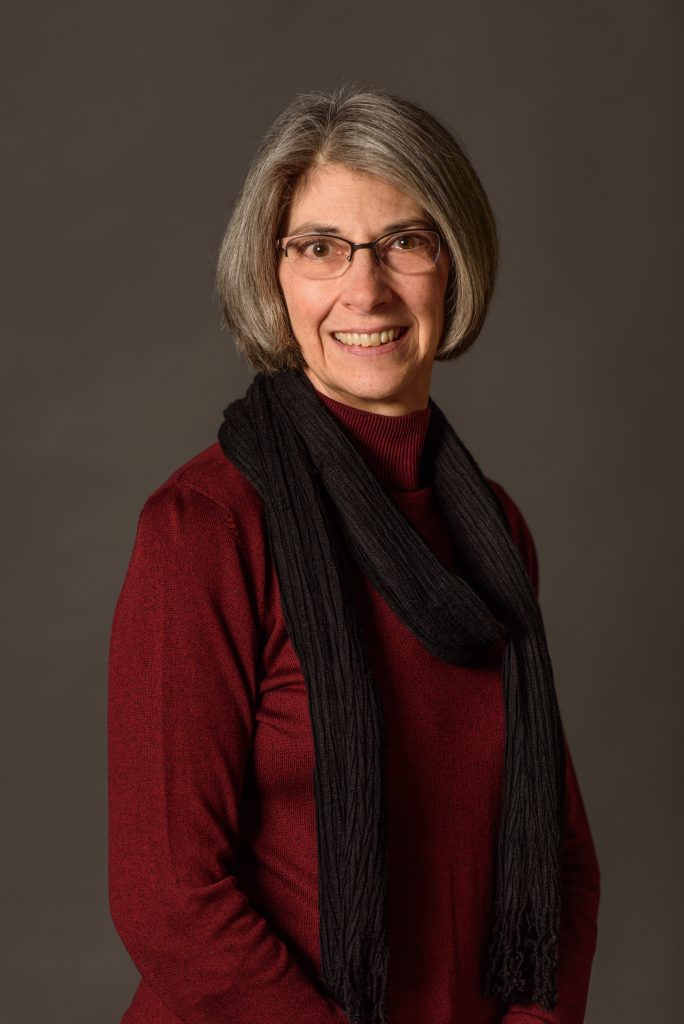 As you prepare for the holiday season, we in the bereavement counseling community are also preparing for holiday grief, the kind of grief that can come when a loved one is no longer there to join in the celebrations and traditions. I have in the past shared the many interventions one can use to mitigate the onslaught of emotions one might experience during Thanksgiving, Hanukkah, Christmas, Ramadan and the New Year. In this blog, I wanted to discuss the science behind it, so you can understand how very real this kind of grief is, and how it should not be trivialized.
As you prepare for the holiday season, we in the bereavement counseling community are also preparing for holiday grief, the kind of grief that can come when a loved one is no longer there to join in the celebrations and traditions. I have in the past shared the many interventions one can use to mitigate the onslaught of emotions one might experience during Thanksgiving, Hanukkah, Christmas, Ramadan and the New Year. In this blog, I wanted to discuss the science behind it, so you can understand how very real this kind of grief is, and how it should not be trivialized.
To understand the overwhelming onset of grief a memory can trigger, we need to look at the difference between acute grief and integrated grief. Acute grief is most often associated with the days, weeks and months following the loss of loved one. Will Meek calls it “a transient, yet powerfully painful state” in Psychology Today. It can be debilitating, causing sadness, anxiety, loss of appetite, withdrawal and more.
Over a period of time, most people will move into integrated grief. With grief integrated into their everyday, there may be memories that momentarily sadden them, but it is not overwhelming. The loss will always be with them, but they may have found a new path, discovered strengths they didn’t have prior to the loss of their loved one and, in fact, many say they have become a better person through their journey.
It is common for anniversary reactions to be experienced even seven to eight years after the death of a spouse.
However, as Sidney Zisook and Katherine Shear wrote in “Grief and bereavement: what psychiatrists need to know,” for World Psychiatry, significant events, like the holidays, can “reawaken” acute grief. These are called anniversary reactions. In “The Time Course of Grief Reactions to Spousal Loss,” published in The Journal of Personality and Social Psychology, Katherine B. Carnelley , Camille B. Wortman and cohorts conducted a study of widows and widowers to quantify the frequency of these reactions as well as to better understand the longevity of grieving. They learned that it is common for anniversary reactions to be experienced sometimes, and at somewhat intense levels, for a few hours or less, even seven to eight years after the death of a spouse.

Susan M. Coale, LCSW-C, is the Director of the Chesapeake Life Center
This is to say that a sudden wave of painful emotions while looking at a shop window dressed up for the holidays is perfectly normal. You might prepare for it by attending one of many workshops and seminars offered at this time of year specifically addressing holiday grief. It is also perfectly normal to seek help from a mental health professional to get you through this season of profound memories.
Contact Us
Chesapeake Life Center serves the bereavement needs of Anne Arundel, Charles and Prince George’s counties. Contact us at griefinfo@chesapeakelifecenter.org or 888-501-7077
Chesapeake Life Center is not a crisis center. Our phone is not staffed 24-hours a day. If you feel you need immediate intervention or are at risk of self-harm please call:
410-768-5522 — Anne Arundel County Crisis Response; 301-645-3336 — Charles County Crisis Response; 301-429-2185 — Prince George’s County Crisis Response


